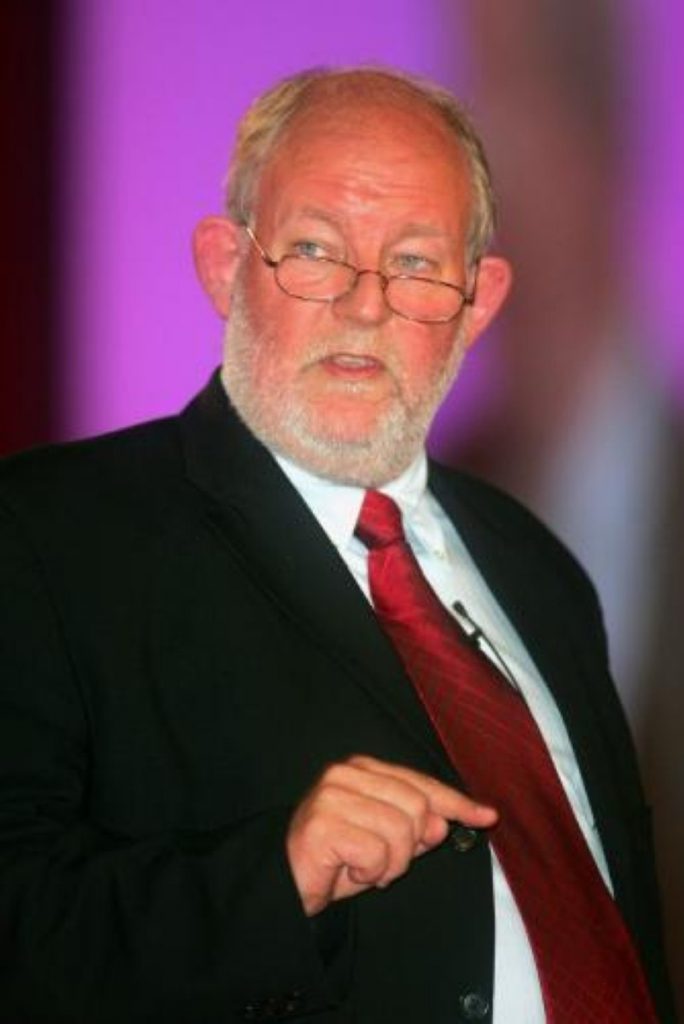Clarke warned over terror plans
The Government’s most senior legal adviser has reportedly warned the Home Secretary that plans to place terror suspects under house arrest may be overturned by the courts.
Lord Goldsmith issued the warning to Charles Clarke during Thursday’s Cabinet meeting at Downing Street, the Sunday Times reports.
The paper claims the Attorney General’s comments sparked a debate among ministers with Patricia Hewitt, Geoff Hoon and Alistair Darling reportedly raising concerns over whether the laws would breach human rights.
The Sunday Times quotes one unnamed “senior Cabinet minister” as saying: “There are grave reservations about this. It seems to me that someone will almost certainly challenge this. Whatever we come up with, someone will cry foul on civil liberties grounds.”


Another Cabinet minister at the meeting reportedly said: “The problem we’ve got is that we are in a Catch-22 situation.”
“Either these people are released and we face a huge hue and cry about terrorists on the loose, or we take firm action that none of us really wants to take in an ideal world.”
The news suggests that Labour ministers may be split over the controversial plans for “control orders”, which would see terror suspects subject to restrictions including home arrest, electronic tagging and a ban on phone and internet use.
The Home Secretary announced the plans last week after law lords overruled the detention of terror suspects held without charge at Belmarsh high-security prison, earlier this year.
The Sunday Times warns that Mr Clarke faces a potential rebellion by Labour backbenchers and peers over the Government’s latest plans.
The Conservatives and Liberal Democrats have also expressed concerns about the proposals.
Meanwhile, senior security officials have told the Sunday Telegraph that the detention of terror suspects without trial prevented Britain being targeted by al-Qaida militants.
“The terrorists knew that they could be detained indefinitely and so in many cases they stopped entering the country,” said one unnamed security official, commenting on the measures introduced after the September 11th terror attacks in 2001.












